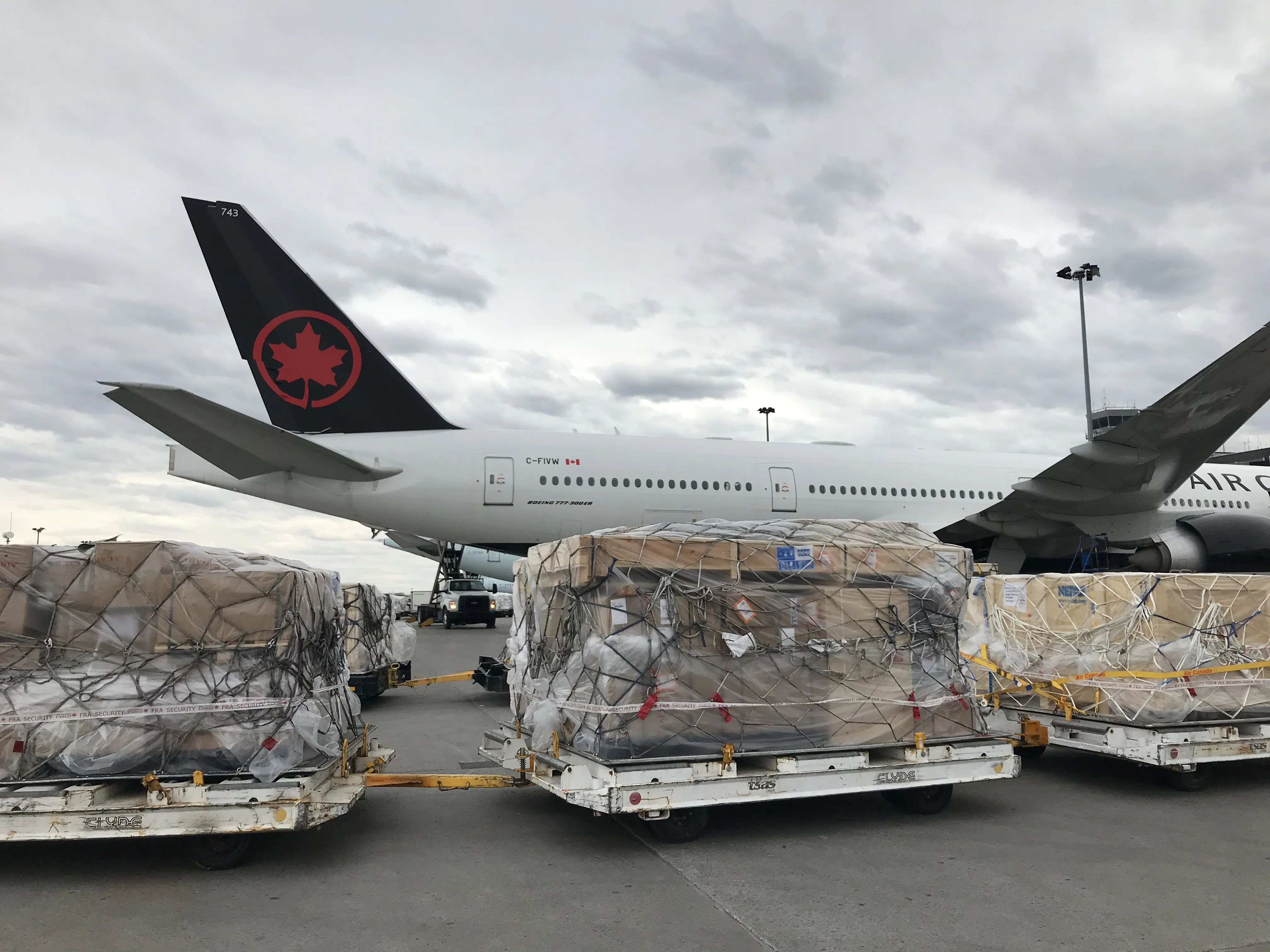
2019 was a transformative year for Air Canada’s ambition to become a leader in Artificial Intelligence, with the foundation laid for continued growth in this ever-evolving field.
During the year, the airline set up its AI Centre of Excellence (COE) and several AI labs across the company, notably in Cargo and Revenue Management. Both of those initiatives are already being rolled out, but the teams aren’t done there.
“We had an incredible year in 2019 establishing a brand-new Artificial Intelligence capability at Air Canada. AI is a real game-changer for aviation. We’re are really looking forward to 2020,” said Richard Hines, head of Data and Artificial Intelligence at Air Canada.
Tim Strauss, Vice President of Air Canada Cargo, believes his teams have been able to exceed expectations with AI.
“We've achieved, at a faster pace then I think any of us believed was possible, remarkable results. We've taken our (cargo) capacity situation, which is essentially how much volume we can put on each aircraft, and moved it up significantly through the AI approach,” Tim Strauss said. “And at the end of the day, it will allow us to offer more product to the right destinations for the right customers.”
The new technology will allow Cargo to better predict what the volume and show rate is going to be from its customers.
“And that allows the customer to do more bookings with us, which ultimately lets the customer behind our customer get more goods to market,” Tim Strauss said.
Over the course of the next year, Air Canada will expand its AI capabilities to other areas within the company, such as Crew Planning and Maintenance, with work already underway in those two departments. AI will allow the airline to fully leverage these investments and accelerate their journey in becoming a global champion.
“We have a number of important initiatives underway in 2020,” Richard Hines said. “First, we need to be fanatical about measurement. Measurement ensures that the models we put into place in 2019 continue to drive the impact that we expect them to drive inside of the organization.”
With the increased capability will also come an expanded workforce.
“When you think about scaling up, we also have to ensure we have the talent within the business teams and the technology teams to support the ambition,” Hines said.
Air Canada’s ambition is to become Canada’s AI employer of choice within three years, and within five years, Air Canada plans to leverage AI throughout the organization to ensure competitive advantage within the global airline industry.
Through its successes – and failures – Air Canada is quickly learning and becoming a global leader in the use of AI in the aviation industry. And it is sharing that knowledge with the rest of the business community.
“We need to give back. Part of our ambition is to be able to help other Canadian businesses as they migrate toward a digital economy. We do this via our close relationships with the Business Council of Canada and with other industry forums in healthcare, transportation and so on. The goal being to help Canadian companies move faster,” Richard Hines concludes.
